
How to change countries in the Google Play Store -- the official way!
There can be few Android users who have learned about an exciting new app or game, only to be disappointed to discover it's not available in their country. There have been various ways around this, including downloading APKs from unofficial sources, but now Google has introduced a way to do it officially.
An update to the Google Play Store sees the addition of a new "Country and profiles" option which makes getting Android apps from other regions a whole lot easier. Here's what you need to know.

Google launches 'Change the Game' design challenge to encourage female coders and gamers
Google has teamed up with Girls Make Games and ESA Foundation to launch a new initiative called Change the Game. It is designed to encourage more women to get involved in playing and creating mobile games, and there's a $10,000 college scholarship and a $15,000 technology donation up for grabs.
The company is seeking game ideas from US teenagers who are invited to share details of their designs. Google asks for details of game mechanics, storylines and asks "what emotions could the player experience or feel while playing the game?"

YouTube steps further into the political arena by introducing further restrictions on firearms videos
YouTube has stepped further into the debate surrounding gun control by introducing new restrictions on weapon-related videos on its platform.
The move sees Google nailing its political colors to the mast, and it's a move that's likely to anger Republicans and the NRA, and lead to further allegations of a liberal bias. Under the new policies, videos that promote or link to sites selling firearms and accessories are banned, as well as those that show how to make weapons at home.

The Google News Initiative is yet another attempt to combat fake news
The seemingly throwaway tag of "fake news" has developed into an absolute phenomenon over the last year or so. Previously unheard of, it's now not only part of the technological zeitgeist, but also something that Twitter, Google, Facebook et al are on a mission to fight.
Today, Google announces its latest weapon -- the Google News Initiative. It sees Google trying to increase the output and promotion of quality journalism as it tries to "build a stronger future for news" and fight the spread of inaccurate information.

Picture-in-picture mode is coming to YouTube on the desktop
YouTube has been embroiled in more than its fair share of controversy recently -- relating to conspiracy videos in particular -- but this is not standing in the way of Google forging ahead with new features.
Next on the horizon is a picture-in-picture mode; something that will be familiar to users of the YouTube mobile apps. Now the same feature is coming to desktop version of the site, giving you the ability to continue browsing through videos while another one plays.
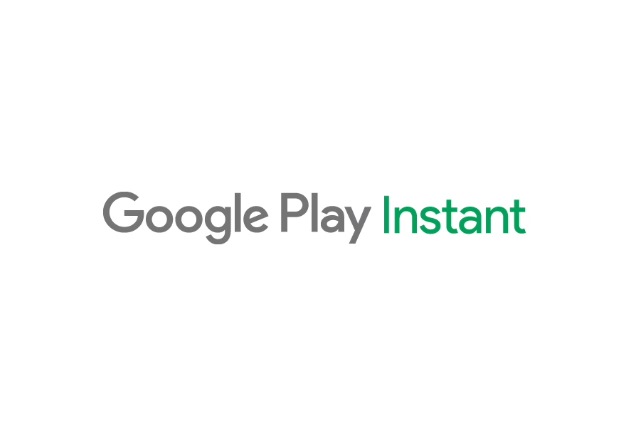
Google Play Instant lets you stream Android apps and games to try them out
With so many apps and games to choose from in Google Play, it's very easy to be tempted to try all of them out. Well... maybe not all of them, but it's easy to get carried away. This can mean waiting an age for a particular title to download, only for you to try it and discover you don't like it.
Today Google announces a solution to the problem: Google Play Instant. It lets you get started in a game without having to download it completely -- in essence you're streaming the bits you need to your Android phone or tablet.

Twitter to ban an array of cryptocurrency ads
Just a few days ago, it was revealed that Google plans to ban ads for cryptocurrencies and related products and services later this year. Now it seems as though Twitter could be following suit.
The plans could see the social network implementing a ban on ads for ICOs and almost all cryptocurrencies. It is reported that Twitter's ban could come into force within a couple of weeks.

YouTube Kids app is serving up conspiracy videos from the likes of David Icke
The very idea of YouTube Kids is to ensure that children are not exposed to content that parents would consider inappropriate for them. This means filtering out videos with an adult theme, with Google -- supposedly -- curating content suitable for younger eyes.
This week, the main YouTube site has been in the news because of its plans to counter conspiracy videos with "information cues" rom Wikipedia. But it seems that YouTube Kids has a similar problem, with children being exposed to conspiracy theory videos from the likes of reptilian-obsessed, Illuminati-loving conspiracist David Icke.
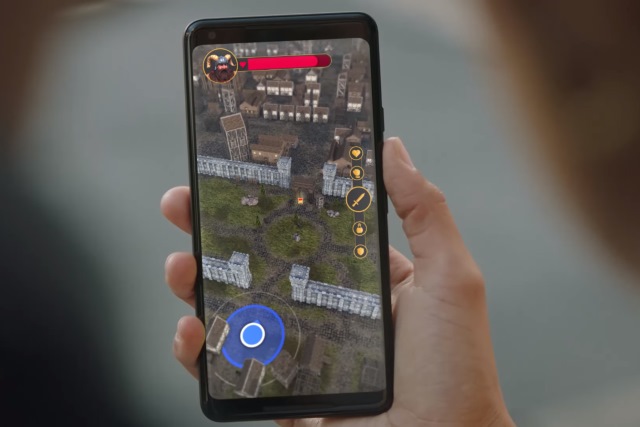
Google opens up Maps API to game developers
Google is giving developers the chance to build games based on real-world maps by opening up the Maps APIs to them. On top of this, Google is bring Maps to the Unity game engine so developers can make use of real-time map data.
Titles such as Jurassic World Alive, The Walking Dead: Our World and Ghostbusters World will make use of augmented reality to create truly immersive gaming experiences. Developers have access to over 100 million 3D buildings, roads, landmarks, and parks from over 200 countries, allowing for great flexibility.

Wikipedia didn't know about YouTube's plans to show its content next to conspiracy videos
YouTube's announcement that it plans to display content from Wikipedia next to conspiracy videos in the name of balance and providing the "right information" caught many people by surprise -- none more so than Wikipedia itself.
Wikimedia Foundation -- the organization behind Wikipedia -- has issued a statement saying that "we were not given advance notice of this announcement." While the organization does not object to YouTube's decision, it does seem a little strange that there has been no discussion between the two parties.
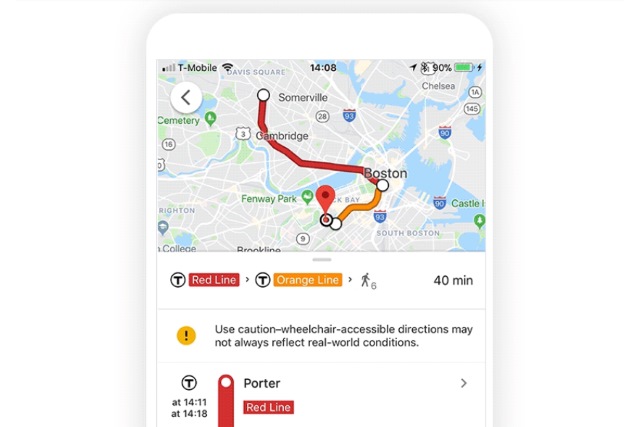
Google Maps gains wheelchair accessibility info in several cities
Google is adding some important accessibility information to Maps, letting users see whether or not routes are navigable by wheelchair. The company says the extra data will be useful not only to wheelchair users, but anyone with mobility issues -- as well as parents pushing kids in a stroller.
Starting in London, Tokyo, Mexico City, Boston and Sydney, wheelchair accessible routes are being added, and more will follow as Google working with transport companies to gather the necessary information.
YouTube to counter conspiracy videos by displaying information from Wikipedia alongside
YouTube has faced criticism not only for allowing conspiracy videos to appear on the site, but also how it has dealt with them. The latest move by Google in this area will see information from Wikipedia and other websites displayed alongside such videos in the interests of balance.
Google says that the aim of the new "information cues" is to combat conspiracy theory videos it hosts, as well as trying to combat hoaxes.
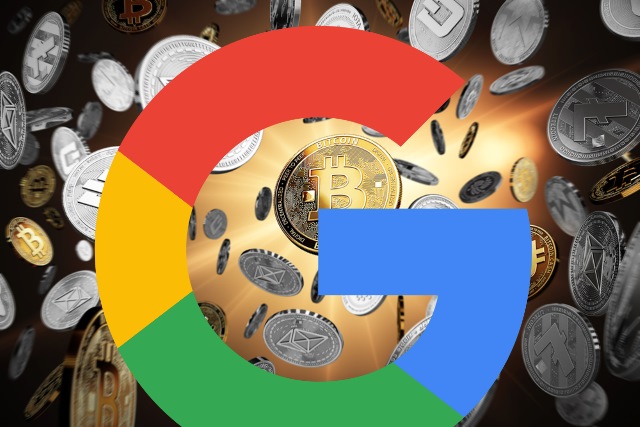
Google slaps a ban on cryptocurrency ads
Google has announced that advertisements for cryptocurrencies will be banned from its platform starting in June. The ban not only covers currencies such as Bitcoin and Ethereum, but also related products such as initial coin offerings, cryptocurreny exchanges and digital wallets.
The announcement came as Google is relying on new technology to detect and remove ads that violate policies. The company says it removed over 3.2 billion ads in 2017, and while it does not give a precise reason for the cryptocurrency ad ban, it says it is part of "improving the ads experience across the web."
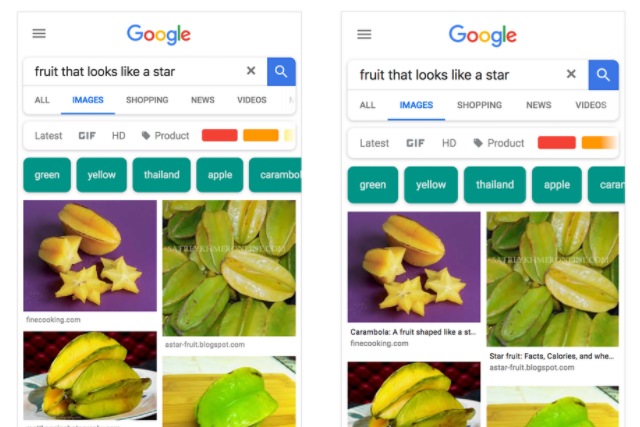
Google Images gains captions to make search results much more useful
By its very nature, searches on Google Images are very visual things -- but that's not to say they couldn't be enhanced with some non-pictorial content. And that's exactly what Google has done, adding captions to image search results to make them more useful.
The aim is to provide greater context about results, giving users the chance to judge the quality of the image, and to perhaps determine whether the host site will have other useful images.
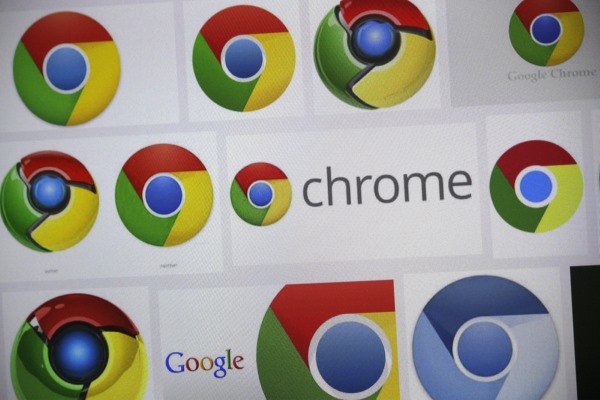
How to export your saved passwords from Chrome
If you're a Chrome user, you may well have taken advantage of the password saving feature of the browser to make it easier to log into your various online accounts. However, it's not a perfect solution, and you may well have been considering one of the various password management tools that exist instead.
Until now, it has not been possible to extract the passwords and login data you have saved in Chrome ready to import into your new password database. This has now changed, so you can easily switch to a new password manager without having to retype everything by hand.
